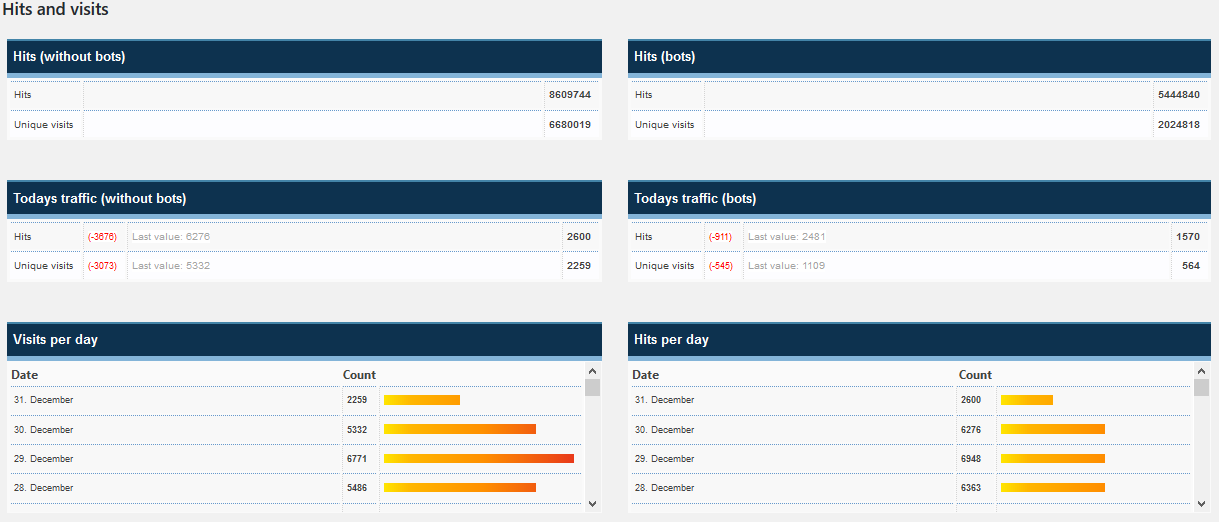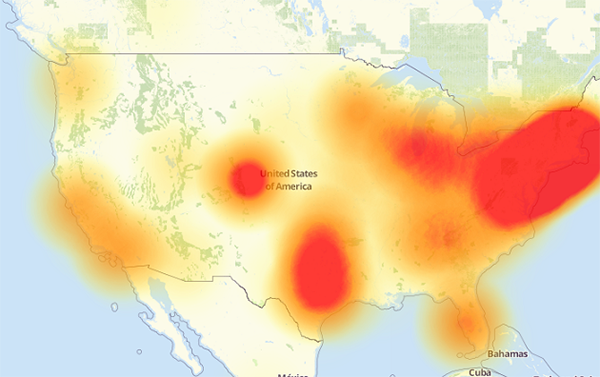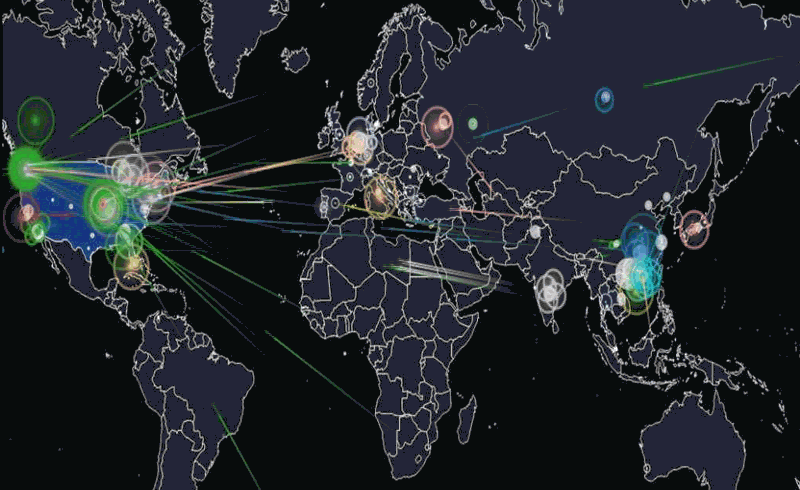In point of fact, the internet as a gift economy is an illusion. This domain is not funding itself. It is smuggling in the resources that sustain it, and to the extent that Shirky’s account helps conceal this market economy, he’s a smuggler too. This world cannot sustain itself without subventions. And to this extent it’s a lie.
Shirky insists that generalized reciprocity is the preferred modality. But is it?
[In the world of fan fic, there] is a “two worlds” view of creative acts. The world of money, where [established author, J.K.] Rowling lives, is the one where creators are paid for their work. Fan fiction authors by definition do not inhabit this world, and more important, they rarely aspire to inhabit it. Instead, they often choose to work in the world of affection, where the goal is to be recognized by others for doing something creative within a particular fictional universe. (p. 92)
Good and all, but, again, not quite of this world. A very bad situation, one that punishes creators and our culture, is held up as somehow exemplary. But of course reputation economies spring up, but we don’t have to choose. We can have both market and reputation economies. But it’s wrong surely, to make the latter a substitute for the former.
Shirky appears to be persuaded that it’s “ok” for creators to create without material reward. But I think it’s probably true that they are making the best of a bad situation. Recently, I was doing an interview with a young respondent. We were talking about her blog, a wonderful combination of imagination and mischief. I asked her if she was paid for this work and she said she was not. “Do you think you should be paid?” I asked.
She looked at me for a second to make sure I was serious about the question, thought for a moment and then, in a low voice and in a measured somewhat insistent way, said, “Yes, I think I should be paid.” There was something about her tone of voice that said, “Payment is what is supposed to happen when you do work as good as mine.”
[…]
Finally, I do not mean to be unpleasant or to indulge ad hominem attack, but I think there is something troubling about a man supported by academic salary, book sales, and speaking engagements telling Millennials how very fine it is that they occupy a gift economy which pays them, usually, nothing at all. I don’t say that Shirky has championed this inequity. But I don’t think it’s wrong to ask him to acknowledge it and to grapple with its implications.
The gift economy of the digital world is a mirage. It looks like a world of plenty. It is said to be a world of generosity. But on finer examination we discover results that are uneven and stunted. Worse, we discover a world where the good work goes without reward. The more gifted producers are denied the resources that would make them still better producers and our culture richer still.
What would people, mostly Millennials, do with small amounts of capital? What enterprises, what innovations would arise? How much culture would be created? I leave for another post the question of how we could install a market economy (or a tipping system) online. And I have to say I find it a little strange we don’t have one already. Surely the next (or the present) Jack Dorsey could invent this system. Surely some brands could treat this as a chance to endear themselves to content creators. Surely, there is an opportunity for Google. If it wants to save itself from the “big business” status now approaching like a freight train, the choice is clear. Create a system that allows us to reward the extraordinary efforts of people now producing some of the best artifacts in contemporary culture.










